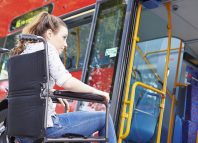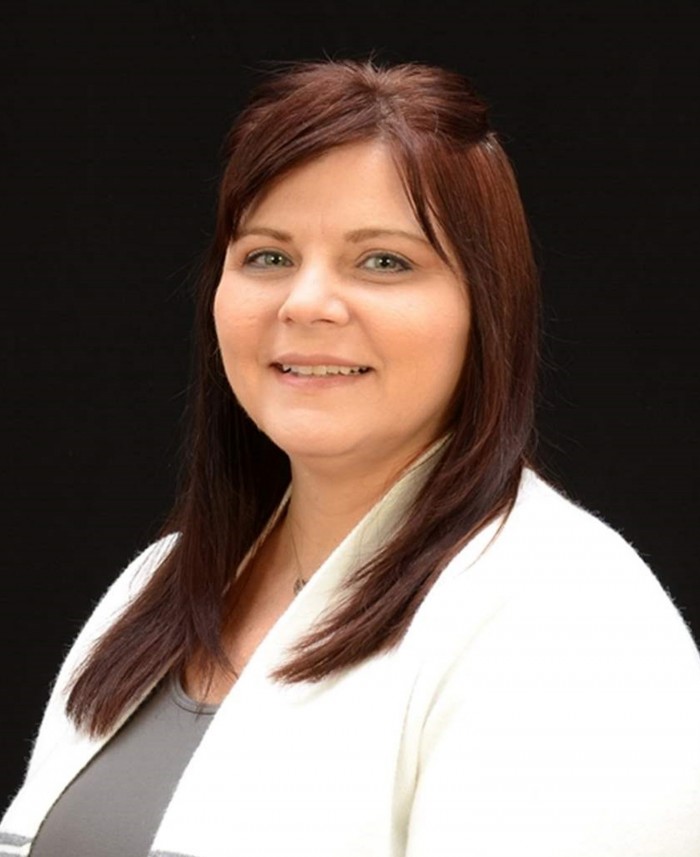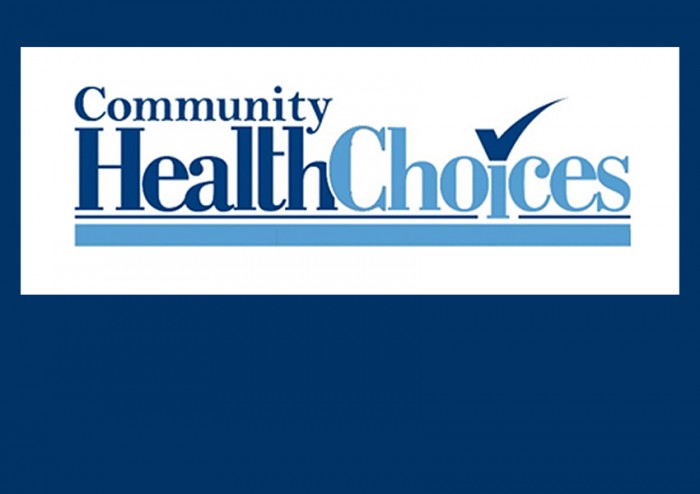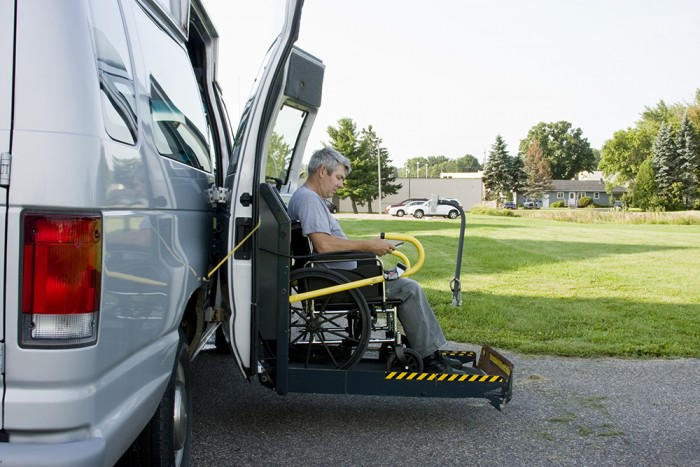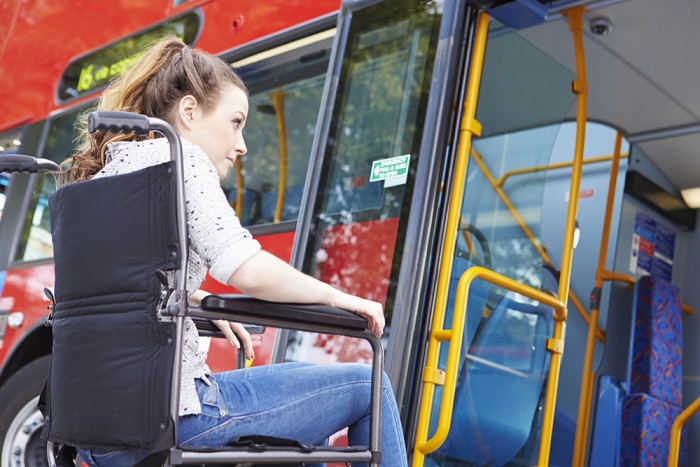Wolf Administration Reminds NE, NW, & Central PA of CHC Plan Selection Deadline
EVV Reminder: Soft Launch Ends December 31
Many agencies and providers have successfully participated in the DHS Sandata EVV training. These providers are successfully using the DHS Sandata EVV system during the PA-DHS soft-launch period. As a reminder, the soft-launch period is scheduled to end Dec 31, 2019.
While Pennsylvania is seeking a Good Faith Effort Exemption (GFE) from the Centers for Medicare and Medicaid Services (CMS) to extend the soft launch period, it has not yet been approved. If your agency is one of the few that still needs to complete Sandata EVV training to get your DHS Sandata EVV credentials, it is not too late!
Online self-paced training is still available 24/7 and can be accessed here. To receive your agency credentials, at least one provider representative must complete training.
The first person in your agency who enrolled and completes training will receive an emailed Welcome Kit with your agency’s credentials.
Welcome Kits: Presently, Welcome Kits are distributed within two business days after the completion of training. Due to the holidays, any agency completing training on or after December 20, 2019, will not be guaranteed a Welcome Kit by January 1, 2020.
If your agency has competed training and did not receive a Welcome Kit, please contact PAC at 800-248-2152 or via email.
Questions?
For questions on whether a provider or services are included in the EVV mandate, contact Provider Enrollment:
- ODP Provider Enrollment: 866-565-9435 or email
- OLTL Provider Enrollment: 800-932-0939 option 1
For DHS Sandata EVV application questions, call 800-248-2152 or email. Submit EVV program questions here. For ALT-EVV Certification, call 855-705-2407 or email.
ODP Announces Changes In Respite Procedures
ODP Announcement 19-159 is to notify providers of an update to the Variance Form (DP 1086) and related Instructions. As part of the October 1, 2019 amendments to the Consolidated, P/FDS, and Community Living waivers, the following language was added and approved regarding the provision of Respite by a nurse for children with medical needs:
Respite “may be provided at the following levels in private homes, including Life Sharing homes (licensed or unlicensed):
- Level 3 Enhanced – Staff-to-individual ratio of 1:1 with a licensed nurse (only available to children with medical needs as described below) or a certified staff member.
- Level 4 Enhanced – Staff-to-individual ratio of 2:1 with one licensed nurse (only available to children with medical needs as described below) or one certified staff member and one staff member with at least a high school diploma.
Children (under age 21) who have medical needs that require Respite by a nurse can request a variance when the following criteria are met:
- The child is authorized to receive less than 24 hours a day of nursing through private insurance or Medical Assistance;
And one of the following:
- The child requires administration of intravenous fluid or medication, which is specified in a written order by a licensed doctor of the healing arts; or
- The child uses monitoring, defibrillating, or resuscitating equipment, or a combination of the three; or
- The child requires other skilled activities that must be provided by a nurse. A list of non-skilled activities that can be performed by professionals other than a nurse is available here.
Any waiver participant age 21 or older who needs nursing services can receive this type of support through the Shift Nursing service.”
Requests for a variance to the day or 15-minute unit limit may be made for participants who have behavioral or medical support needs, or for emergency circumstances, using the standard ODP variance process. A request for a variance to this limit may not be approved for Respite provided by a nurse, unless there is an emergency circumstance involving a child with medical needs who meets the criteria described above.
Ongoing nursing needs for children with medical needs are addressed through Medical Assistance Fee-for-Service or Physical Health Managed Care Organizations.
Please begin using the updated DP 1086 and instructions found at these links on the Department of Human Services website for all variance requests:
The DP 1086 can also be found on the Forms page of MyODP.org or at this link. Comments may be directed to the appropriate ODP Regional Office.
Transportation Services to be Added to Adult Autism Waiver
Chapter 6100: Section Effective Dates, Training and Communication Plan
RCPA Board Member Dennis W. Nebel, PsyD, of Human Services Center Retiring
Registration for 2020 Everyday Lives Conference in Hershey is Now Open!
The Office of Developmental Programs (ODP) invites supports professionals, clinical professionals, individuals, and families to engage in three days of presentations focused on empowering individuals with intellectual and developmental disabilities. Throughout the event, over 25 professionals, experts, and pioneers will engage attendees in workshops, breakout sessions, panels, and keynote speeches. Topics include Supporting Families, Caring for Individuals with Complex Needs, Cultural Competence, Education, Future Planning, Self-Advocacy, Dual Diagnosis, and much more.
Discounted rates, as well as partial and full scholarships, will be available. The scholarship application will be released soon. If interested in applying for a scholarship, please submit your inquiry via email. For more information including the full event schedule visit the Everyday Lives website.
ODP Proposed Fee Schedule Rates for AAW Transportation Trip Services
ODP Announcement 19-157 provides information regarding the publication of the Department of Human Services (Department) proposed Fee Schedule Rates for Transportation Trip services that will be added to the Adult Autism Waiver (AAW) effective January 1, 2020. Public comment on these proposed changes will be accepted until 11:59 pm on January 7, 2020.
Effective January 1, 2020, the Department proposes to add Transportation Trip as a service available in the Adult Autism Waiver. The amendment to the Adult Autism Waiver that contains this change is currently with the Centers for Medicare and Medicaid Services (CMS) for approval. In anticipation of approval, a public notice was published in the Pennsylvania Bulletin Volume 49, Number 49 on Saturday, December 7, 2019. The notice informs stakeholders of the proposed Fee Schedule Rates for Transportation Trip services that will be funded through the AAW.
The title of the notice is Proposed Fee Schedule Rates for Transportation Trip Services Funded Through the Adult Autism Waiver.
One Fee Schedule Rate was developed for each Transportation Trip service zone. Transportation Trip services can be offered by providers who enroll directly with the Department to provide Transportation Trip services or through Organized Health Care Delivery System (OHCDS) providers. The assumption log used to develop these rates is available here.
ODP Announces Launch of MyODP News Online
ODP Announcement 19-158 announces the launch of MyODP News Online, an online site that replaces our monthly newsletter with a resource containing real time online news that is most pertinent to our stakeholders. MyODP News Online is now available via MyODP.org. Through this link, stakeholders will receive relevant news and information as it happens. Readers may subscribe to an RSS feed, and eventually may share articles through social media. Past content remains available online.
Stakeholders that previously received the monthly newsletter via listserv will now receive MyODP News Online Weekly Digest. The digest is sent each Friday and contains all the week’s posted news in abstract. Individuals who received SAU1’s self-advocate edited version of the monthly newsletter will continue to receive that publication via regular mail. Readers may send inquiries or suggest story ideas via email.








